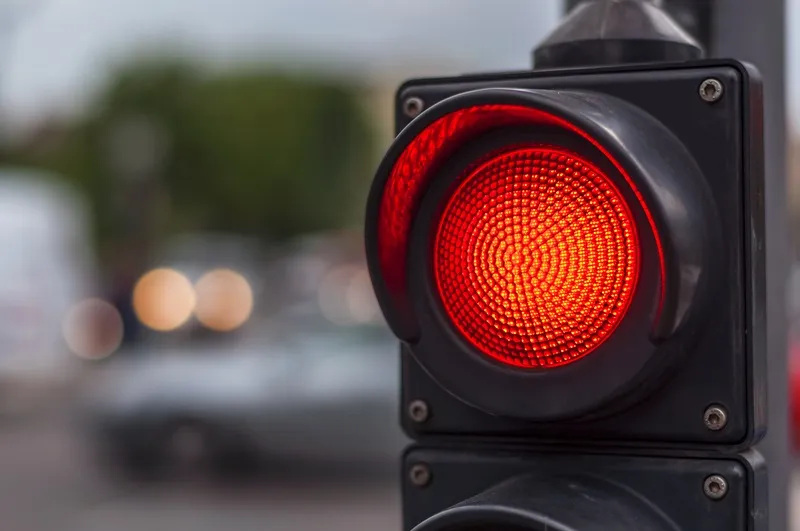In an effort to make their roads as safe as those of Europe, the Sultanate of Oman is investing in enforcement technology. As part of this initiative, the Royal Oman Police has awarded Vitronic a contract to supply 200 Poliscan fixed speed enforcement systems and 26 red light enforcement systems. The first systems have already been delivered and the remainder is currently being manufactured.
September 3, 2012
Read time: 1 min
In an effort to make their roads as safe as those of Europe, the Sultanate of Oman is investing in enforcement technology. As part of this initiative, the Royal Oman Police has awarded 147 Vitronic a contract to supply 200 Poliscan fixed speed enforcement systems and 26 red light enforcement systems. The first systems have already been delivered and the remainder is currently being manufactured.
Poliscan speed and red light enforcement systems use laser technology to detect the speed and position of vehicles in the enforcement zone, simultaneously detecting multiple violations across several lanes, even in heavy traffic.
Vitronic Poliscan systems are already installed in six regions on the Arabian peninsula and, says Youssef El Hansali, of Vitronic Machine Vision Middle East, they are making an impact; the number of people killed in traffic accidents in these regions has fallen considerably over the last few years.
Poliscan speed and red light enforcement systems use laser technology to detect the speed and position of vehicles in the enforcement zone, simultaneously detecting multiple violations across several lanes, even in heavy traffic.
Vitronic Poliscan systems are already installed in six regions on the Arabian peninsula and, says Youssef El Hansali, of Vitronic Machine Vision Middle East, they are making an impact; the number of people killed in traffic accidents in these regions has fallen considerably over the last few years.










